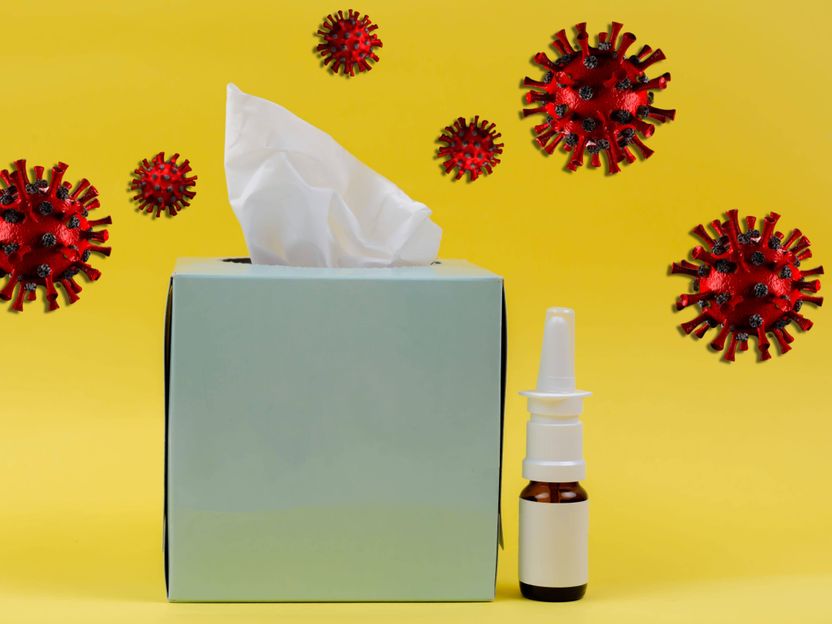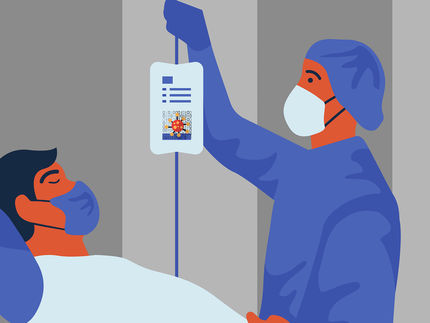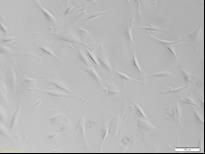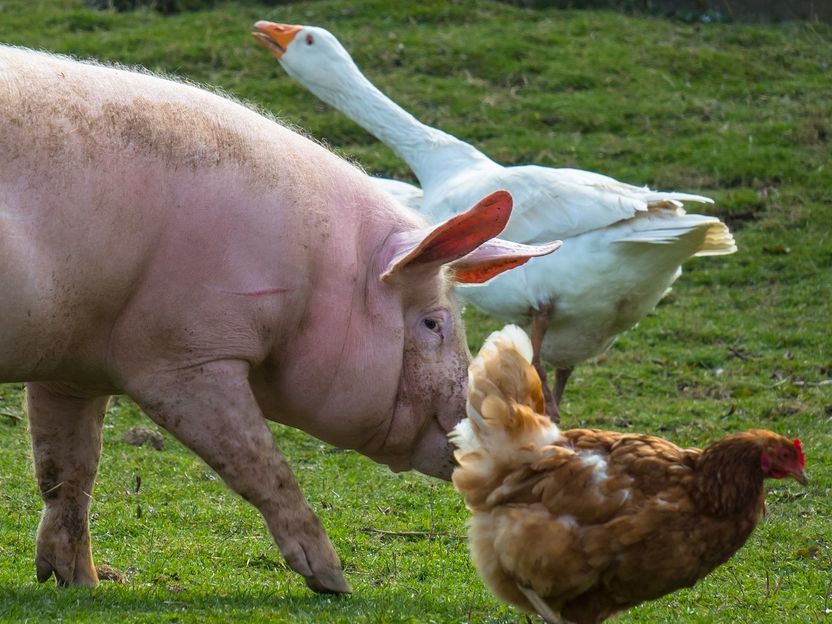Promising nose spray could prevent, treat COVID-19
A California-based start-up is currently raising funds for human trials, drug development, formulation and mass production
A newly discovered small molecule could be sprayed into people’s noses to prevent Covid-19 illness prior to exposure and provide early treatment if administered soon after infection, according to a study in mice led by Cornell University researchers.

Symbolic image
Unsplash/pixabay.com
The study, published in Nature, employed experimental mice engineered with human receptors for the coronavirus on their cell surfaces and found the molecule, called N-0385, inhibited entry of the virus into cells in the body. At Cornell, N-0385 was shown to protect mice from infection prior to exposure, while also providing effective treatment when administered up to 12 hours after exposure. The molecule was developed in collaboration with investigators at the Université de Sherbrooke in Quebec, Canada.
The treatment holds promise for both preventing disease and reducing severity of and mortality from COVID-19 post-infection with a few single daily doses.
“There are very few, if any, small molecule antivirals that have been discovered that work prophylactically to prevent infection,” said Hector Aguilar-Carreno, associate professor of virology, and senior author of the paper.
“This is the first of its kind,” Aguilar-Carreno said. “One advantage is that it works early in the infection, even after someone has already acquired the virus.”
The broad-spectrum therapy was tested in mice exposed to the first strain detected in the U.S. in Washington state in 2020, as well as the Delta strain, but has not been tested on the Omicron variant, though the researchers are optimistic it will remain effective.
Researchers introduced the small molecule intranasally into the mice before, during, and/or after infection.
They tracked the mice’s weight – as weight loss signals infection and is a good indicator of disease– and other clinical and pathological measurements, such as temperature and mortality, and mouse tissue analysis to understand how well the mice responded. The therapy prevented the mice from losing weight, prior to coronavirus exposure, and from dying post infection. Even up to 12 hours after infection, the treatment showed very good efficacy, Aguilar-Carreno said.
A California-based company, EBVIA Therapeutics, Inc., is currently raising funds for human trials, drug development, formulation and mass production. If money is raised quickly, and if human trials prove successful, the hope is that the treatment could be submitted for FDA emergency-use approval within a minimum of six months.
“The N-0385 therapy is simpler and less expensive to mass produce than other types of COVID-19 treatments, such as monoclonal antibodies,” Aguilar-Carreno said.
Original publication
Something is happening in the life science industry ...
This is what true pioneering spirit looks like: Plenty of innovative start-ups are bringing fresh ideas, lifeblood and entrepreneurial spirit to change tomorrow's world for the better. Immerse yourself in the world of these young companies and take the opportunity to get in touch with the founders.

























































